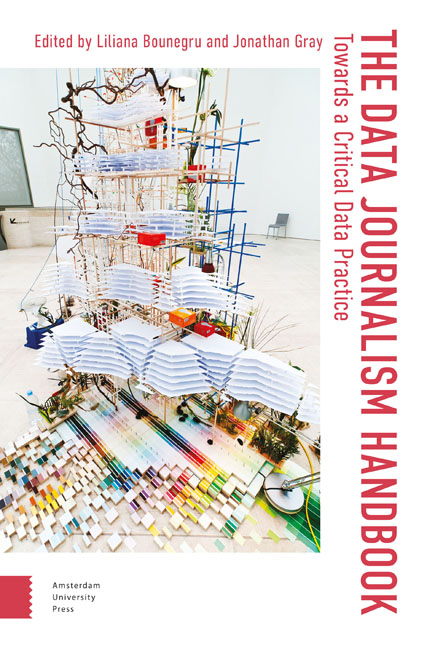10 - Alternative Data Practices in China
Summary
Abstract
This chapter gives an insider view of the landscape of data journalism in China, its key players and data culture, as well as some practical tips.
Keywords: China, data culture, citizen participation, open data, data journalism, data visualization
A couple of years ago, I delivered a presentation introducing data journalism in China at the Google News Summit, organized by Google News Lab. It was a beautiful winter day in the heart of Silicon Valley, and the audience comprised a packed room of a hundred or so senior media professionals, mainly from Western countries. I started by asking them to raise their hands if they think, firstly, that there is no good data in China, and secondly, that there is no real journalism in China. Both questions got quite some hands up, along with some laughter.
These are two common beliefs, if not biases, that I encounter often when I attend or speak at international journalism conferences. From my observations over the past six years, far from there being no data, in fact a vast quantity of data is generated every day in China, and of rapidly improving quality and broader societal relevance. Instead of no “real” journalism being done, there are many journalists producing important stories every day, although not all of them are ultimately published.
Issue-Driven Data Creation
Data stories were being produced even before the term “data journalism” was introduced in China. While nowadays we normally use the term “data-driven stories” in China, there was a period when we saw the contrary: Instead of data being the driver of stories, we witnessed stories, or particular issues, driving the production of data. This typically occurred in relation to issues that resonate with regular citizens, such as air pollution.
Since 2010, the Ministry of the Environment has published a real-time air pollution index, but one important figure was missing. The data on particulate matter (PM), or pollutants that measure less than 2.5 micrometres in diameter, which can cause irreversible harm to human bodies, was not published.
Given the severity of air pollution and the lack of official data on PM2.5, a nationwide campaign started in November 2011 called “I test the air for the motherland.”
- Type
- Chapter
- Information
- The Data Journalism HandbookTowards A Critical Data Practice, pp. 74 - 83Publisher: Amsterdam University PressPrint publication year: 2021



